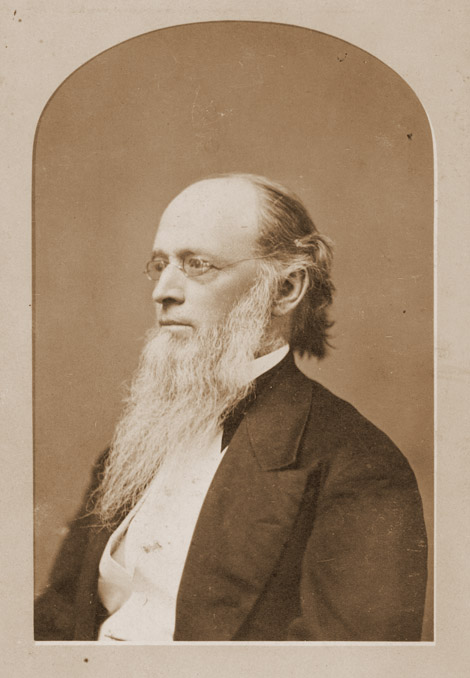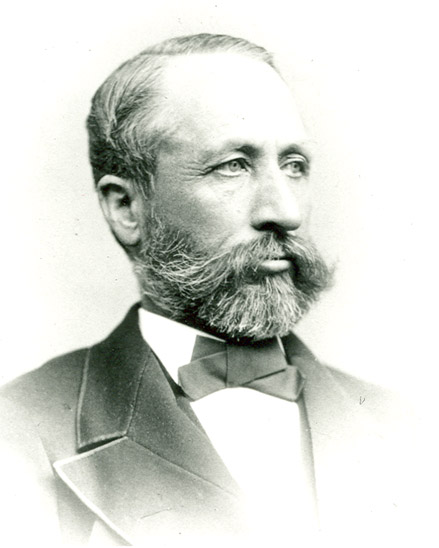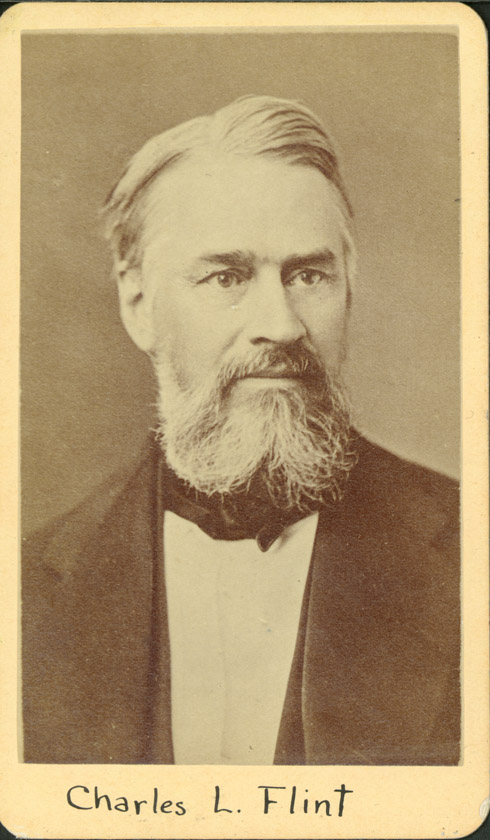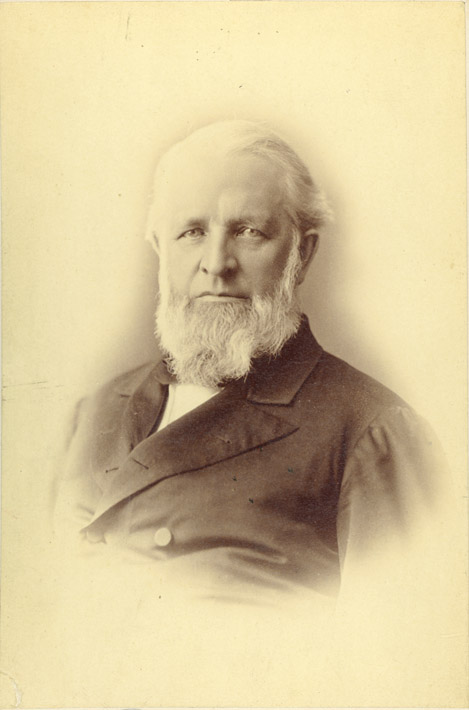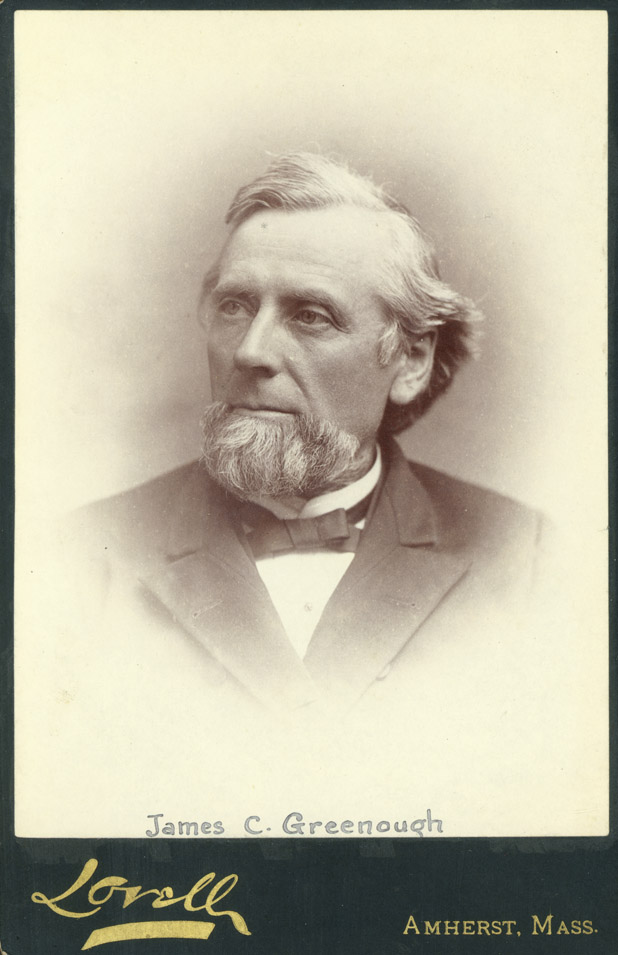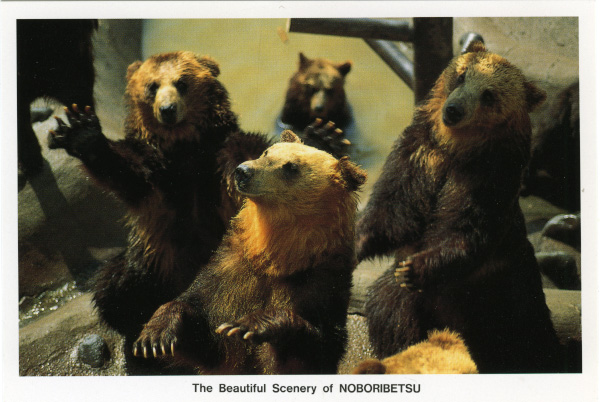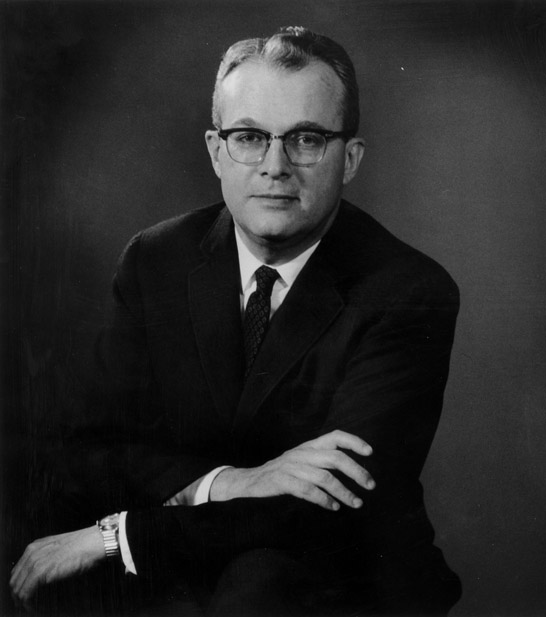Hugh Potter Baker Papers
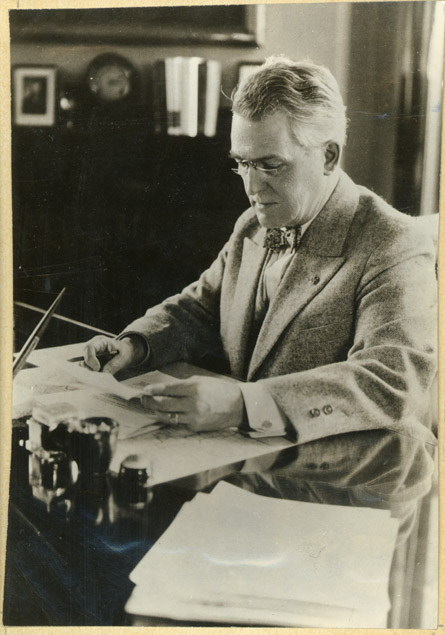
Hugh Baker served as President during most of the existence of Massachusetts State College, taking office in 1933, two years after it changed name from Massachusetts Agricultural College, and retiring in 1947, just as the college became the University of Massachusetts. A forester by training, Baker began his career as a professor, and later dean, in the College of Forestry at Syracuse University. In 1920, he left Syracuse to become Executive Secretary of the American Paper and Pulp Association, and for nearly a decade, he worked in the forestry industry. He returned to academia in 1930, when he resumed the deanship at the New York State School of Forestry. During his presidency at Massachusetts State College, Baker oversaw the construction of improved housing and classroom facilities for students, a new library, the expansion of the liberal arts curriculum, and a near doubling of student enrollment. Further, chapel services were reorganized to be voluntary, and a weekly convocation was initiated. Baker also founded popular annual conferences on recreation and country life.
The Baker Papers include correspondence with college, state, and federal officials, college suppliers, and alumni; speeches and articles; reports and other papers on topics at issue during Baker’s college presidency, 1933-1947, particularly the building program. Also included are several biographical sketches and memorial tributes; clippings and other papers, relating to Baker’s career as professor of forestry at several colleges, trade association executive, and college president.


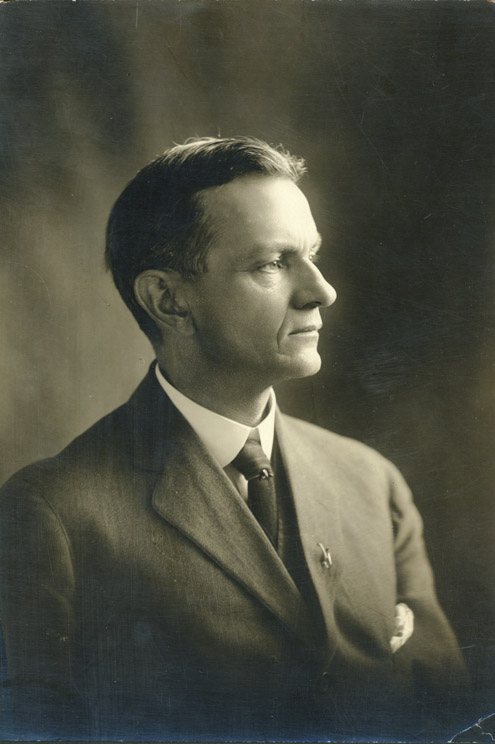
 View the
View the 